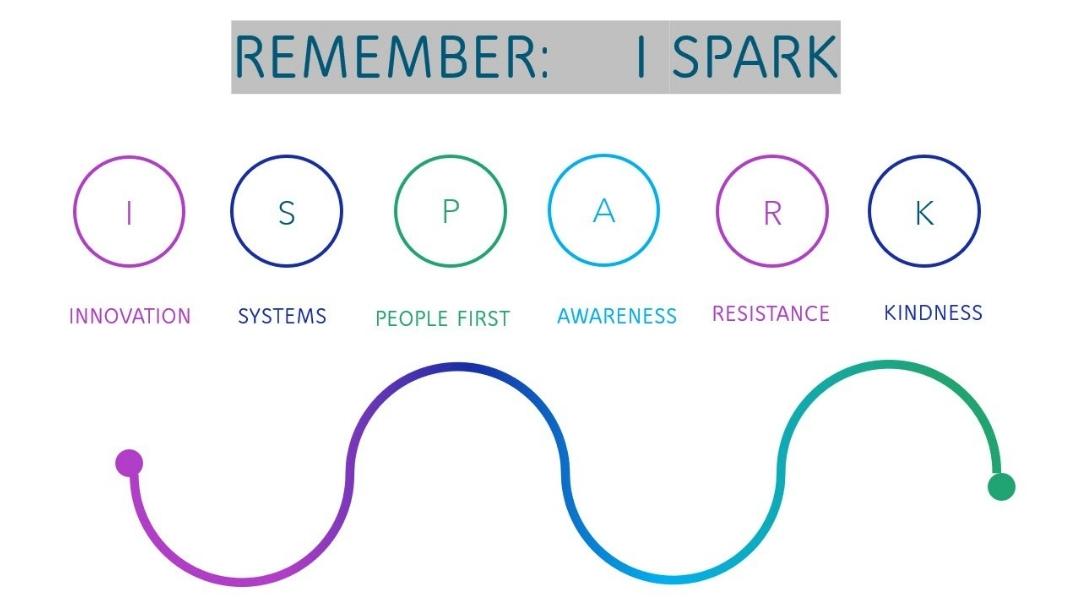Mindfulness: a mental state achieved by focusing one’s awareness on the present moment, while calmly acknowledging and accepting one’s feelings, thoughts, and bodily sensations.
–Oxford Languages
–Oxford Languages
Would you say you’re self-aware? That you recognize when your stress level may be growing or that your boundaries have become blurred or disregarded?
Leadership is not easy. We focus our time and energy on our staff, our budgets, driving results, and hopefully some time on our personal lives, but what about us as individuals?
Do we commit sufficient time to reenergize and be truly mindful? Are we aware of not only our surroundings but also of our feelings, and that we ensure our actions are intentional?
Mindful Leaders are focused, make impactful decisions, have clearly defined and documented vision, mission and goal statements (and share them with their teams). They also build strong relationships with others (ie. direct reports, colleagues, clients, etc), and they truly care about people.
It’s so easy to lose focus on the present when we re-live what has happened in the past and are quick to jump to next steps. We need to take the time to process what’s currently happening without being distracted and judgmental.
Karen Young provides suggestions for controlling our “wandering” minds! Excerpts include:
Leadership is not easy. We focus our time and energy on our staff, our budgets, driving results, and hopefully some time on our personal lives, but what about us as individuals?
Do we commit sufficient time to reenergize and be truly mindful? Are we aware of not only our surroundings but also of our feelings, and that we ensure our actions are intentional?
Mindful Leaders are focused, make impactful decisions, have clearly defined and documented vision, mission and goal statements (and share them with their teams). They also build strong relationships with others (ie. direct reports, colleagues, clients, etc), and they truly care about people.
It’s so easy to lose focus on the present when we re-live what has happened in the past and are quick to jump to next steps. We need to take the time to process what’s currently happening without being distracted and judgmental.
Karen Young provides suggestions for controlling our “wandering” minds! Excerpts include:
- Be consistent and practice mindfulness daily. There are apps that can help, and she suggests Smiling Mind
- Practice your breathing
- Pay attention to your body, emotions, and senses
- Be aware of your cravings and urges
- Slow down and be patient
Too often our daily pace does not allow us sufficient time to pause and self-reflect which impacts our effectiveness levels. It’s been reported that mindfulness helps relieve stress, lowers blood pressure, improves sleep, and in general makes us healthier.
Leadership muscle includes making the time to practice mindfulness; take the time to invest in yourself!
Sincerely,
Mike and Jan







